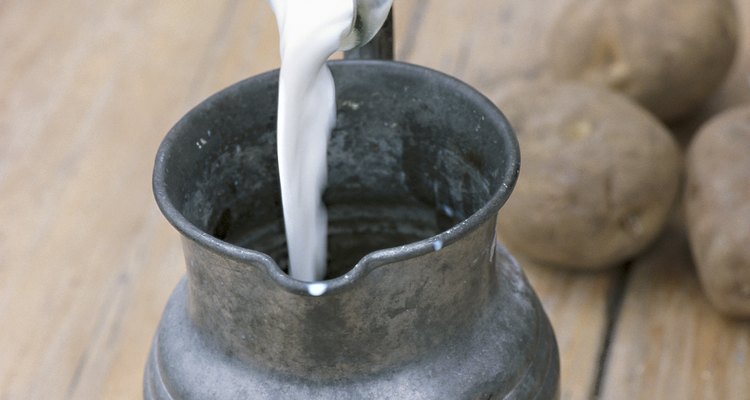
Milk is an emulsion, just like mayonnaise, hollandaise sauce and vinaigrette dressings. Emulsions are inherently unstable and tend to break when exposed to high heat or when the ratio of fats to non-fats is disproportional. Curdled scalloped potatoes usually result from using less-than-fresh milk or milk with a relatively low fat content, such as skimmed or two-percent milk fat. You can prevent curdling in scalloped potatoes by using the freshest dairy, increasing the starch content or adding an emulsifier, such as lecithin.
Use russet potatoes in the recipe. Russet potatoes have a high-starch content that thickens the milk and creates an environment not conducive to separating. Russet varietals ideal for scalloped potatoes include Burbank, Ranger, Nooksack, Gem and Norkotah.
Substitute half and half or heavy cream for an equal quantity of milk. High-fat dairy resists curdling more capably than regular or low-fat dairy.
Mix 1 egg yolk with the milk. The lecithin in the yolk stabilizes emulsions.
Mix 1 tsp. of all-purpose flour per 1 cup of milk used. Similar to the starch in potatoes, the starch in flour binds the fats and non-fats together to create a stable emulsion.
Bake your scalloped potatoes at 325 degrees Fahrenheit. Moderately low baking temperatures prompt the potatoes to absorb the milk before it curdles.
Related Articles
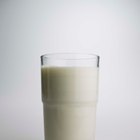
How to Cook With Lactaid
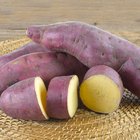
Difference in Sugar Content of Sweet ...

How to Keep Milk From Separating in ...
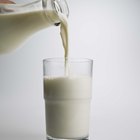
Whole Milk Vs. Lactaid Milk

How to Make Cheesy Potatoes Without ...

Can You Use Milk Instead of Cream for ...
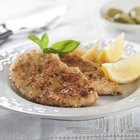
How to Cook Chicken Cutlets Without ...
How to Make Homemade Mashed Potatoes ...

How to Use Evaporated Milk in Place of ...
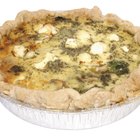
Dairy Substitutes for Quiche

How to Make Creme With Alpha Hydroxy ...

How to Freeze Yogurt Sauce

How to Cook With Almond Milk

What Happens if You Whip Condensed Milk?

Why Does Milk Curdle When Baking a ...

How to Cook French Fries on a Baking ...

How to Use Powdered Milk for Baking

How to Cook Elbow Macaroni in Milk

What Are Yellow Potatoes?
Homemade Au Gratin Potatoes Recipe
References
Writer Bio
A.J. Andrews' work has appeared in Food and Wine, Fricote and "BBC Good Food." He lives in Europe where he bakes with wild yeast, milks goats for cheese and prepares for the Court of Master Sommeliers level II exam. Andrews received formal training at Le Cordon Bleu.
Photo Credits
Hemera Technologies/Photos.com/Getty Images